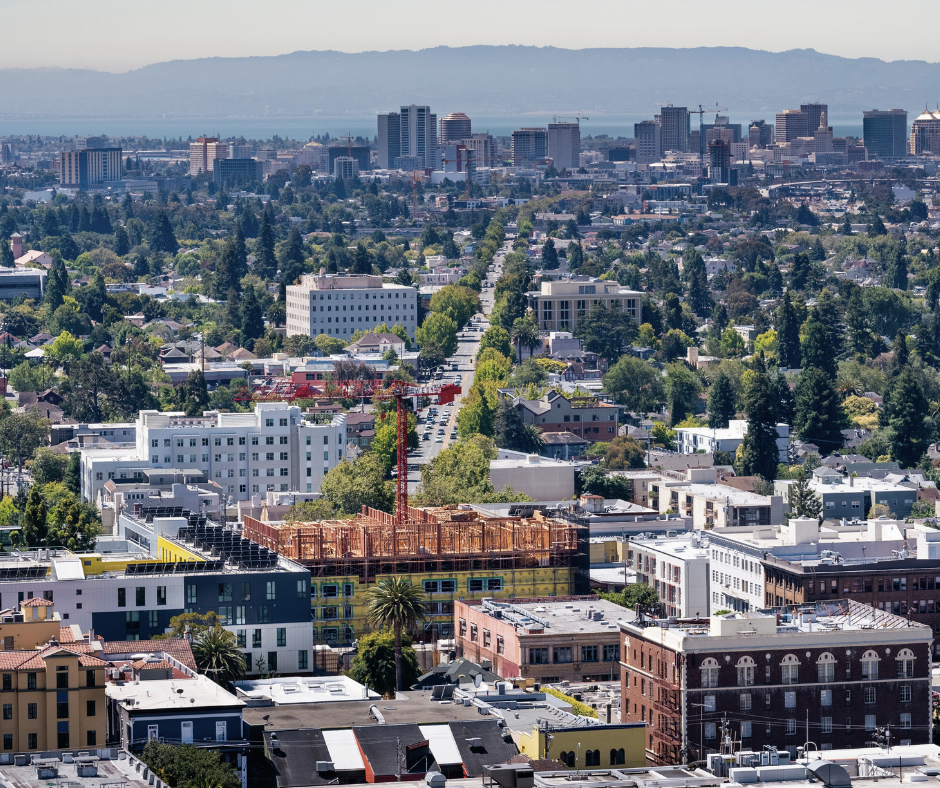

These Are The Best Master of Urban Planning Programs in the U.S.
Summary
This article provides a comprehensive overview of the best Master of Urban Planning programs across the U.S., featuring top institutions like MIT, UC Berkeley, and Harvard. Each program is outlined with its unique strengths and specializations in areas like sustainability, community development, and urban design. The article also offers guidance on how to evaluate urban planning programs, highlighting the importance of curriculum diversity, faculty expertise, practical learning opportunities, accreditation, and alumni success.
Reflection Questions
- What specific features make a Master of Urban Planning program stand out as top-tier in the field of urban development?
- How do the various specializations within these programs align with current and future urban planning challenges globally?
- In what ways do practical experiences integrated into these programs prepare students for real-world urban planning tasks and leadership roles?
Journal Prompt
Reflect on the role of urban planners in shaping the future of cities. Consider the key skills and knowledge areas you believe are crucial for an urban planner in the next decade. How do the programs listed in the article equip students with these tools, and how might you apply these insights to your career aspirations in urban development or a related field?
From M.I.T. to Cornell, the Master of Urban Planning (MUP) programs listed below are among the most respected in the United States. They are well-regarded in academic and professional circles for their comprehensive curricula, experienced faculty, and strong focus on critical issues in urban planning such as sustainability, economic development, and social equity. These universities are known for producing graduates who go on to have significant impacts on urban environments through policy, research, and practice. Each program offers unique strengths and specializations, making them top choices for students interested in advancing their careers in urban planning. Read on to learn all about each of these Masters in Urban Planning programs.
These Are the Top Masters in Urban Planning Programs in the U.S.
Massachusetts Institute of Technology (MIT) MUP Program


The Massachusetts Institute of Technology (MIT) is well regarded as one of the best schools for urban planning through its Department of Urban Studies and Planning (DUSP). Situated in the vibrant academic environment of Cambridge, Massachusetts, the program is distinguished by its interdisciplinary approach, blending rigorous academic coursework with practical, real-world applications.
MIT’s DUSP excels in areas such as environmental policy, affordable housing, social justice, community development, and international development, and is known for its focus on innovative, technology-driven solutions to urban challenges. Students have the opportunity to work with leading experts in the field and engage in cutting-edge research that influences urban policy and planning globally. This program not only prepares graduates to excel in their careers but also to lead in the creation of more sustainable and equitable urban environments.
University of California, Berkeley MUP Program


The University of California, Berkeley offers a Master of City Planning (MCP) program through its Department of City and Regional Planning, celebrated for its pioneering research and steadfast dedication to sustainable development. Situated within the globally recognized College of Environmental Design, Berkeley’s MCP program emphasizes an interdisciplinary approach, integrating theoretical learning with practical, hands-on projects.
Students can choose from various specializations such as environmental planning methods, housing and community development, and transportation planning, each fostering innovative solutions to complex urban design issues. The program’s commitment to sustainability is evident through its curriculum, faculty research, and community engagement projects. With its rich legacy of advocacy and innovation, Berkeley’s MCP program equips students with the critical skills and knowledge necessary to drive transformative change in urban settings worldwide.
Harvard University MUP Program
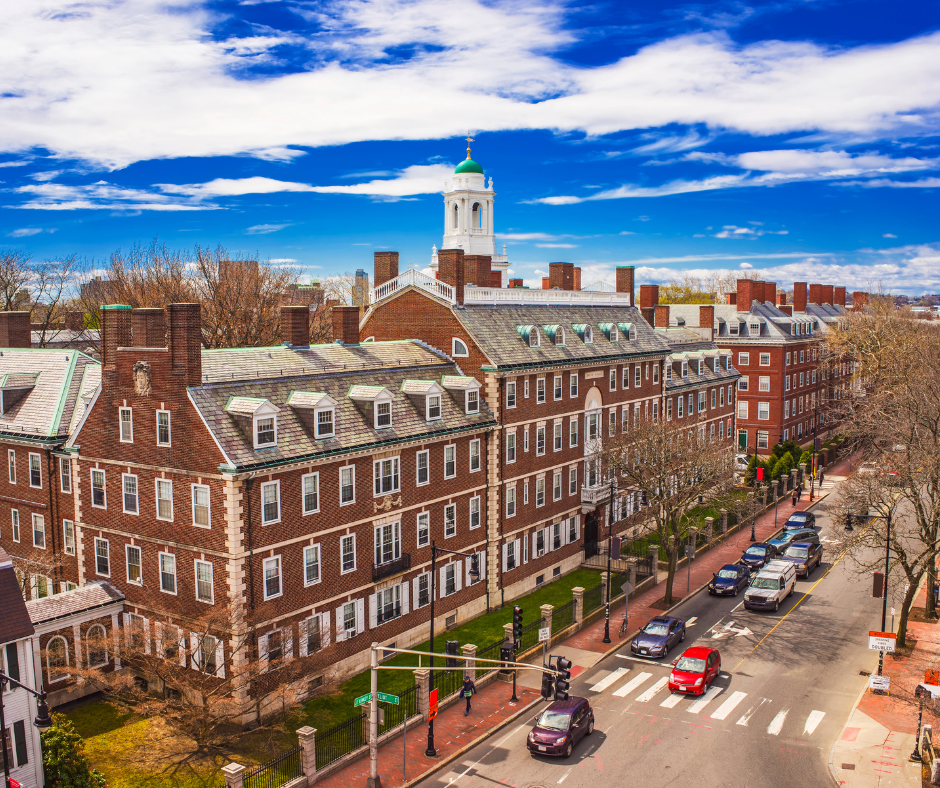

Harvard University’s Graduate School of Design (GSD) offers a Master of Urban Planning (MUP) program renowned for its comprehensive curriculum that seamlessly integrates the principles of design with public policy analysis. This program is structured to cultivate a deep understanding of the aesthetic, social, and technical dimensions of urban planning, with a significant emphasis on sustainable and innovative urban strategies.
Harvard GSD excels in combining rigorous academic research with practical, real-world applications, engaging students in projects ranging from local interventions to international urban strategies. The program attracts a diverse cohort of students, fostering a rich, collaborative environment where interdisciplinary perspectives are valued. There is some crossover with the Harvard Chan School of Public Health, providing students with a balanced education in both the built environment and social issues.
Through this approach, Harvard’s MUP graduates are well-prepared to lead and innovate in various roles across public agencies, private firms, and nonprofit organizations, significantly influencing the development and transformation of urban landscapes globally.
University of California, Los Angeles (UCLA) MUP Program
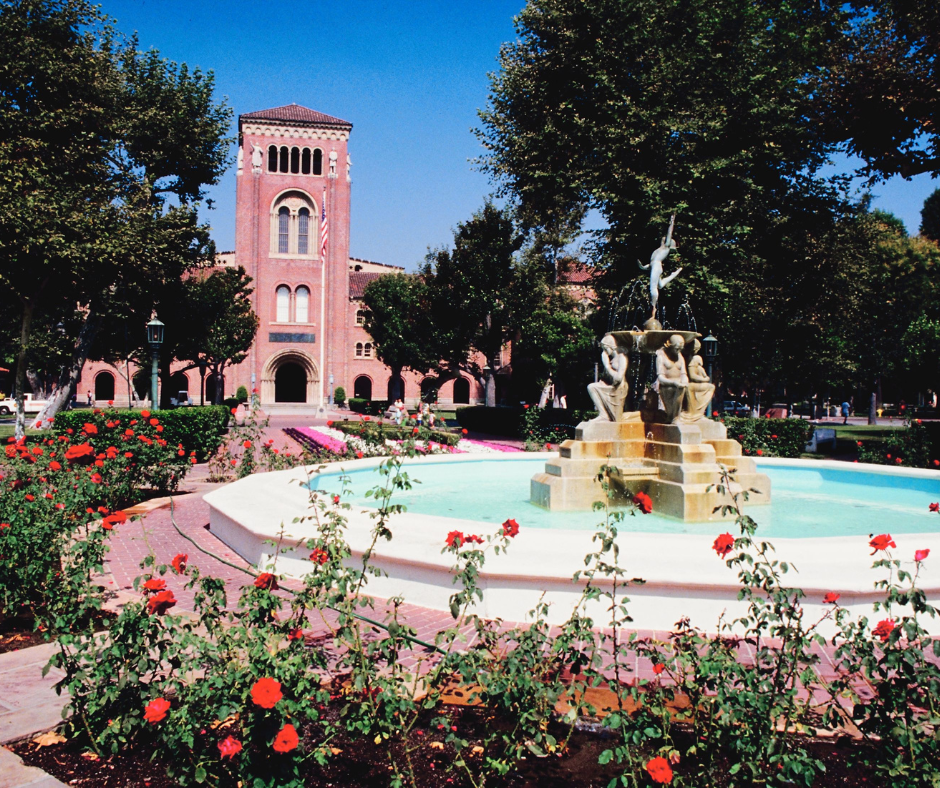

The University of California, Los Angeles (UCLA) offers a dynamic Master of Urban and Regional Planning (MURP) program through its Luskin School of Public Affairs, tailored to address the complexities of urban environments through a multidisciplinary lens. The program stands out for its diverse range of specializations, including community development, housing, environmental analysis and policy, and transportation planning, providing students a broad and in-depth understanding of the multiple facets of urban planning.
UCLA’s MURP program emphasizes a balance of theoretical coursework and practical, hands-on experience, which is facilitated through workshops, internships, and collaboration with local communities and government organizations. This approach not only equips students with robust analytical and planning skills but also ensures they are well-prepared to effect positive change in various urban contexts, advocating for sustainability and equity. Additionally, the program leverages its Los Angeles location to provide case studies in a city known for its complex urban challenges and innovative solutions.
University of Pennsylvania – The School of Design at Penn MUP Program
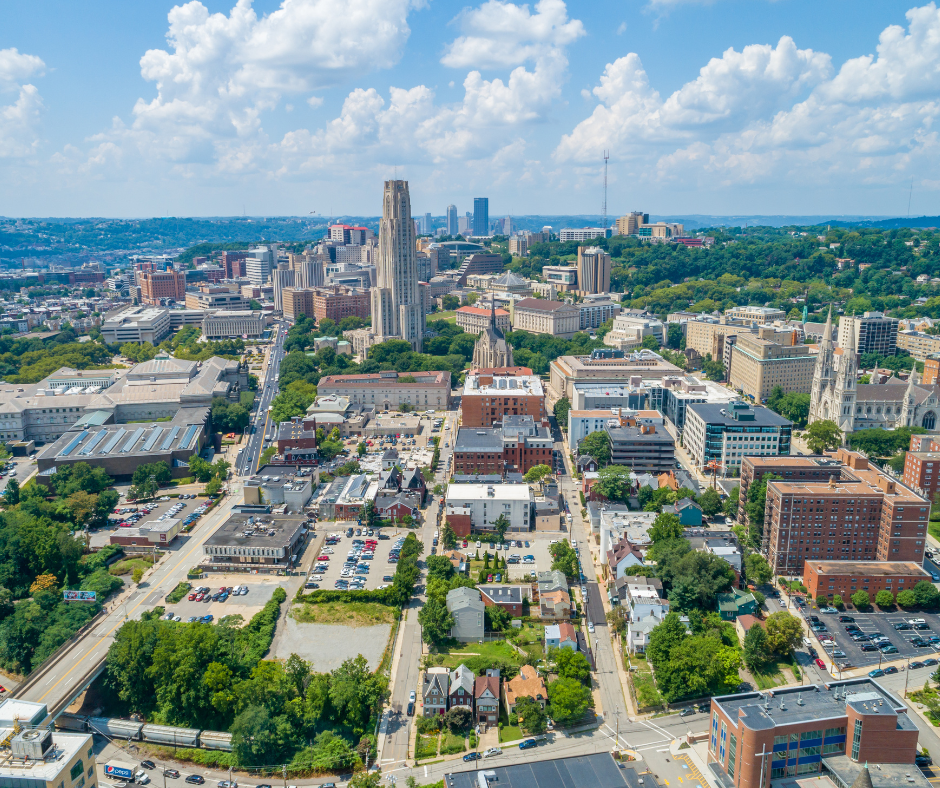

The University of Pennsylvania’s School of Design offers a Master of City Planning (MCP) program that is renowned for its comprehensive and nuanced approach to urban planning. This program provides students with a robust framework of knowledge across essential areas of planning, with specialized concentrations such as community and economic development, environmental planning, public-private development, and urban design.
What sets Penn’s MCP apart is its emphasis on integrating theoretical principles with practical, real-world application, facilitated by the university’s strong connections with local governments, community organizations, and private sectors. This allows students to engage in meaningful projects and internships that directly impact the surrounding communities.
Fuel your creative fire & be a part of a supportive community that values how you love to live.
subscribe to our newsletter
*please check your Spam folder for the latest DesignDash Magazine issue immediately after subscription


Moreover, the program encourages an interdisciplinary approach by allowing students to take courses in other prestigious departments at Penn, enhancing their understanding and skills through a broader educational perspective. This holistic approach ensures that graduates are not only skilled in technical and analytical aspects of city planning but also in leadership and policy-making, prepared to address complex urban challenges in innovative and socially responsible ways.
Columbia University – The Graduate School of Architecture, Planning and Historic Preservation MUP Program
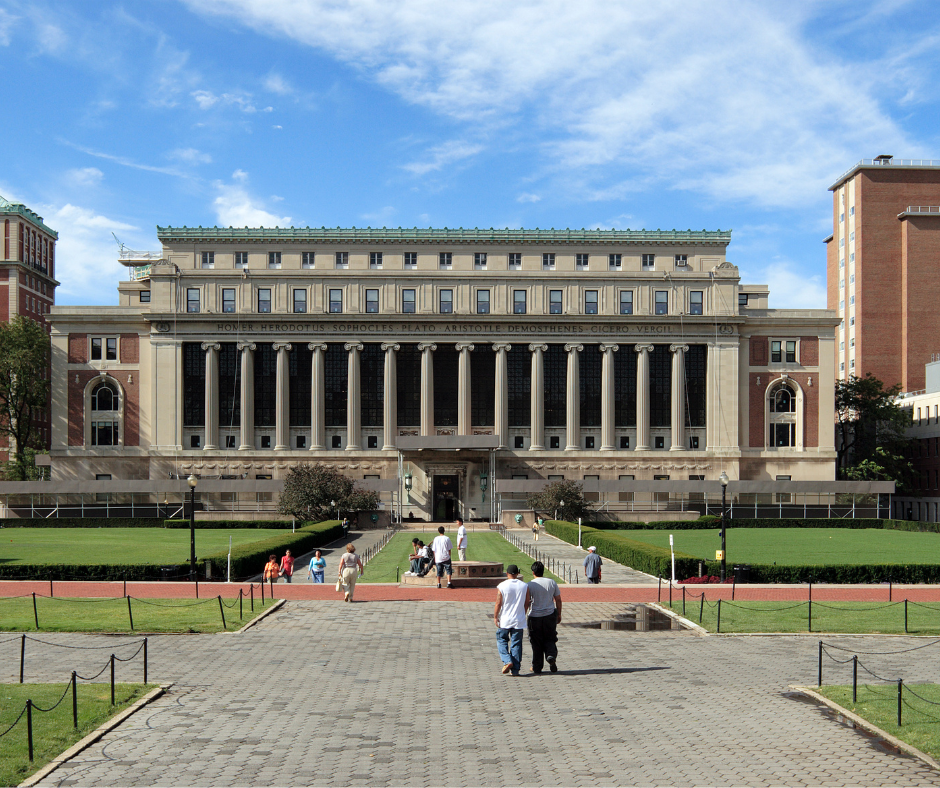

Columbia University’s Graduate School of Architecture, Planning and Preservation (GSAPP) offers a Master of Science in Urban Planning that is particularly distinguished by its rigorous approach and strong emphasis on urban analytics. This program leverages Columbia’s cutting-edge research facilities and deep academic resources to provide students with a robust grounding in analytical techniques that are applicable to urban environments.
The curriculum focuses on data-driven decision making and spatial analysis, empowering students to address urban challenges through quantifiable evidence and advanced technological tools. Alongside a core curriculum that covers the fundamentals of urban planning, students at Columbia have the opportunity to engage in specialized courses that explore the intersections of planning with public health, sustainability, and governance.
University of Illinois at Urbana-Champaign MUP Program
The University of Illinois at Urbana-Champaign offers a Master of Urban Planning through its Department of Urban and Regional Planning, celebrated for its strong emphasis on both research and practical applications. This program stands out for providing students with extensive hands-on experiences through studio courses, community projects, and internships that allow them to apply theoretical knowledge in real-world settings.
With a diverse selection of specializations, including land use planning, community development, and transportation planning, students can tailor their education to match their career goals. The program’s commitment to linking research with practice helps prepare students to effectively address and solve complex urban and regional issues.
University of Michigan – The Taubman College of Architecture and Urban Planning MUP Program
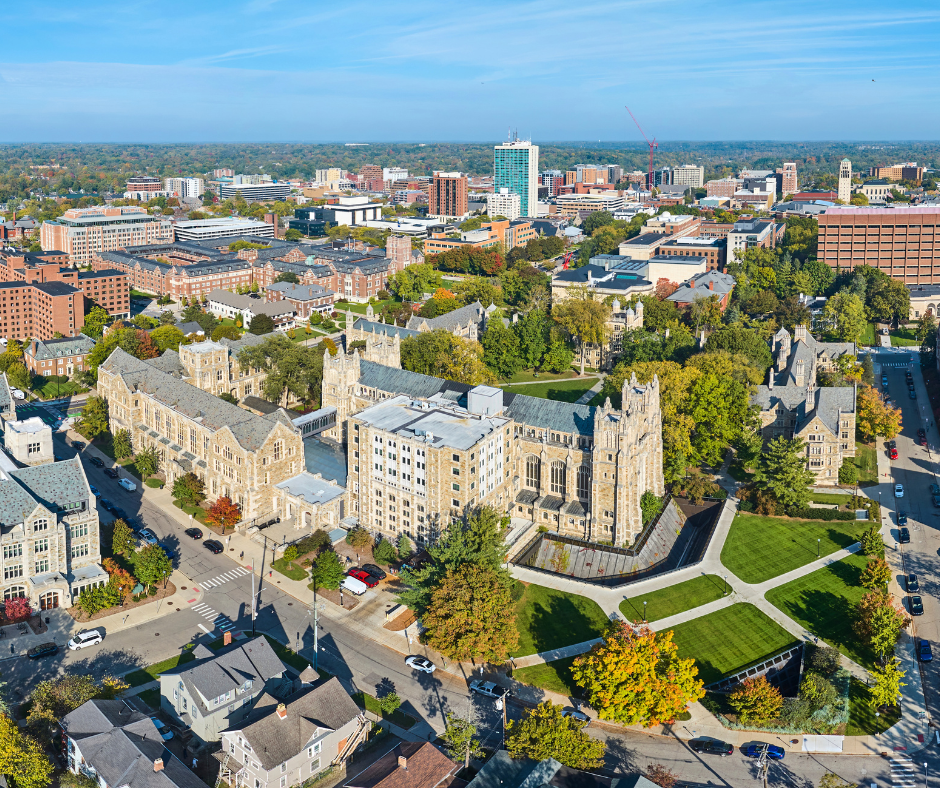

The University of Michigan’s Taubman College of Architecture and Urban Planning offers a robust Master of Urban Planning program that integrates comprehensive education in planning theory with practical application. This program encourages a deep understanding of the socio-economic and environmental aspects of urban planning and is well-regarded for its interdisciplinary approach, allowing students to work alongside experts in architecture, environmental design, and landscape architecture.
Michigan’s program also emphasizes community involvement and real-world impact, providing students with opportunities to engage in projects within local and international communities. This approach ensures that graduates are well-equipped to handle the diverse challenges faced by urban planners today.
Cornell University MUP Program
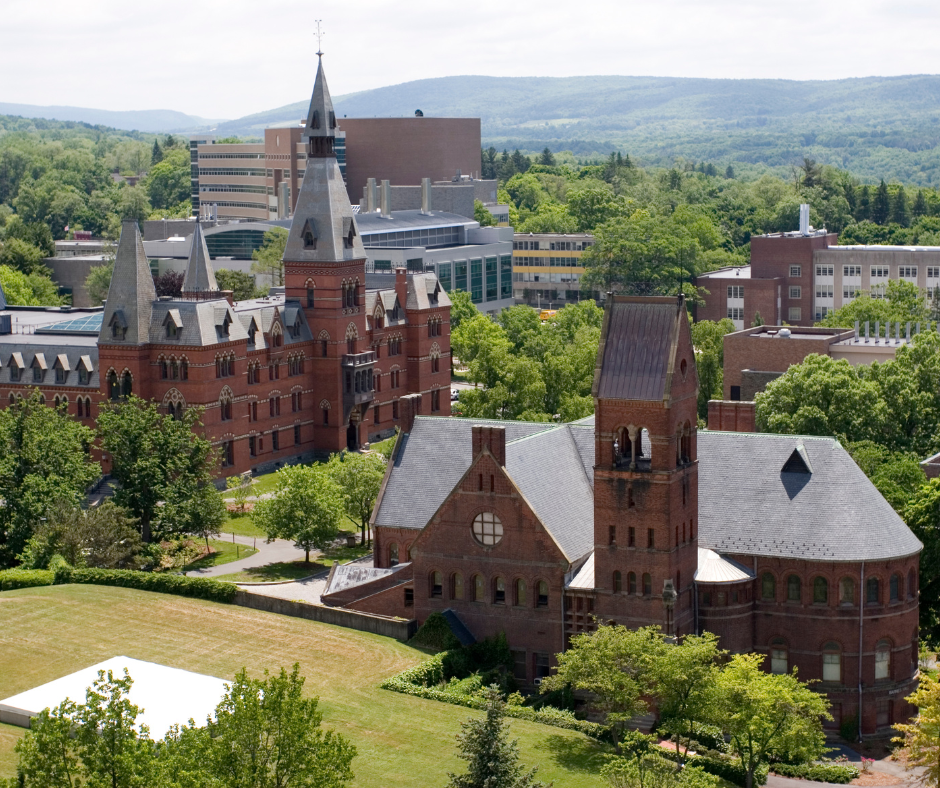

Cornell University’s Department of City and Regional Planning offers a Master of Regional Planning program known for its strong focus on sustainable development and addressing global urban challenges. The program’s curriculum is designed to confront the contemporary issues of climate change, urban decay, and social inequality through sustainable planning practices.
Students benefit from Cornell’s extensive research resources and interdisciplinary approach, often collaborating with other departments such as Environmental Science and Landscape Architecture. The program also offers global learning opportunities, including international workshops and study abroad experiences, to prepare students to work effectively in diverse and dynamically changing environments.
University of North Carolina at Chapel Hill MUP Program
The Department of City and Regional Planning at the University of North Carolina at Chapel Hill is highly esteemed for its focus on creating sustainable and equitable urban environments. The Master of City and Regional Planning program at UNC emphasizes an integrative approach to addressing the critical issues of urban growth, environmental resilience, and social equity.
Through a curriculum that combines rigorous academic study with practical, community-engaged projects, students are encouraged to develop innovative planning solutions that promote sustainability and social justice. The program’s strong ties to governmental and non-profit organizations enrich the learning experience, allowing students to make significant professional connections and contributions to the field while preparing to start their own planning practice during their studies.
Here’s How to Evaluate an Urban Planning Program


Evaluating an urban planning program effectively requires a comprehensive approach that considers several key factors to ensure the program aligns with your educational and career objectives. Firstly, assess the curriculum to determine if it offers a broad range of courses that cover essential areas such as land use, environmental planning, public policy, real estate development, and urban design, along with opportunities for specialization in areas of your interest.
Investigate the faculty’s expertise and their involvement in current urban planning issues, which can enhance the learning experience through real-world relevance. Additionally, look into the program’s partnerships with local governments, non-profits, and private sectors to gauge the practical, hands-on learning opportunities it provides, such as internships and community projects.
It’s also crucial to consider the program’s accreditation by relevant bodies including the Planning Accreditation Board, which ensures it meets certain educational standards. Finally, alumni success and networking opportunities can offer insights into the program’s effectiveness in preparing graduates for careers in urban planning, making these factors important in your evaluation process.








